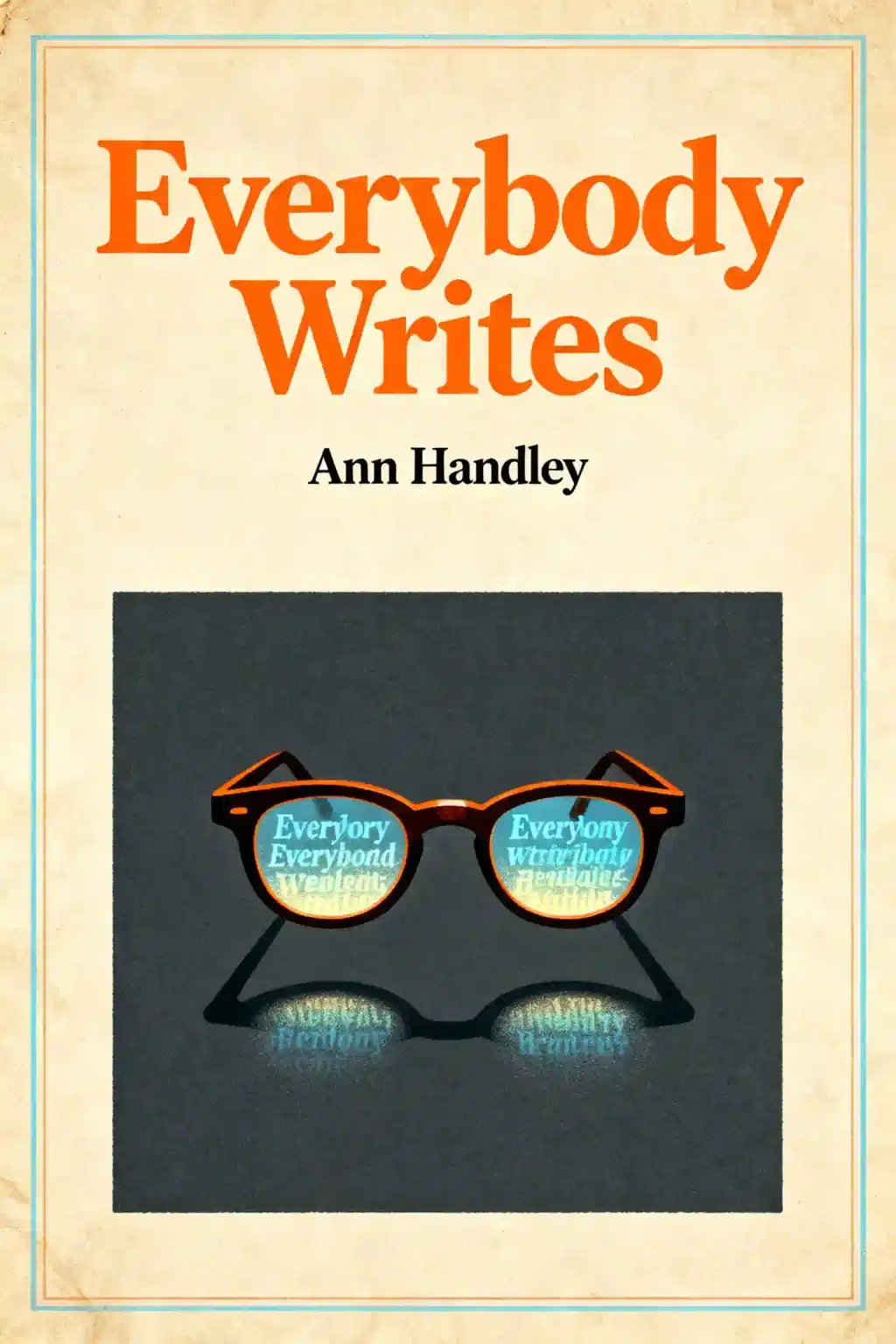
Tales of Power by Carlos Castaneda Summary
Overview of Tales of Power
Carlos Castaneda's "Tales of Power" blends mystical shamanism with reality-bending philosophy. With 8 million copies sold across 17 languages, this controversial masterpiece divided scholars while captivating seekers worldwide. What if the boundaries between fact and fiction were merely illusions of perception?
Similar books to Tales of Power
Feel the book through the author's voice
Turn knowledge into engaging, example-rich insights
Capture key ideas in a flash for fast learning
Enjoy the book in a fun and engaging way
Key takeaways
Between Two Worlds: The Warrior's Path
Imagine walking through the desert at dusk when reality suddenly splits open before your eyes. The bushes breathe, shadows move with purpose, and an enormous moth emerges carrying specks of dark gold dust on its wings-knowledge itself made visible. This is the world Carlos Castaneda invites us into, where what we consider "real" is merely one arrangement of perception among infinite possibilities. The journey begins not with belief but with silencing the mind long enough to glimpse what lies beyond our ordinary awareness. Don Juan Matus, the enigmatic Yaqui sorcerer at the heart of this narrative, doesn't ask for faith-he demands experience. "Because you're dumb," he explains with disarming directness when questioned about his methods. His bluntness cuts through intellectual pretense to deliver essential truths about the warrior's path. Through his guidance, we learn to perceive humans as luminous beings-each person appearing as a distinctive mushroom-like formation with unique colors and intensities of glow. This radical shift in perception marks just the beginning of a journey where nothing will ever again be quite what it seems.
The Island of the Tonal
The Double: Dreamer and Dreamed
The Warrior's Impeccability
Shrinking the Tonal and Expanding Perception
The Wings of Perception
A Warrior's Farewell and Predilection
Quick Summary Mode - Read or listen to Tales of Power Summary in 8 Minutes
Break down key ideas from Tales of Power into bite-sized takeaways to understand how innovative teams create, collaborate, and grow.
Flash Card Mode - Top 10 Insights from Tales of Power in a Nutshell
Distill Tales of Power into rapid-fire memory cues that highlight Pixar’s principles of candor, teamwork, and creative resilience.

Fun Mode - Tales of Power Lessons Told Through 25-Min Stories
Experience Tales of Power through vivid storytelling that turns Pixar’s innovation lessons into moments you’ll remember and apply.
Personalize Mode - Read or listen to Tales of Power Summary in 0 Minutes
Ask anything, pick the voice, and co-create insights that truly resonate with you.

From Columbia University alumni built in San Francisco
"Instead of endless scrolling, I just hit play on BeFreed. It saves me so much time."
"I never knew where to start with nonfiction—BeFreed’s book lists turned into podcasts gave me a clear path."
"Perfect balance between learning and entertainment. Finished ‘Thinking, Fast and Slow’ on my commute this week."
"Crazy how much I learned while walking the dog. BeFreed = small habits → big gains."
"Reading used to feel like a chore. Now it’s just part of my lifestyle."
"Feels effortless compared to reading. I’ve finished 6 books this month already."
"BeFreed turned my guilty doomscrolling into something that feels productive and inspiring."
"BeFreed turned my commute into learning time. 20-min podcasts are perfect for finishing books I never had time for."
"BeFreed replaced my podcast queue. Imagine Spotify for books — that’s it. 🙌"
"It is great for me to learn something from the book without reading it."
"The themed book list podcasts help me connect ideas across authors—like a guided audio journey."
"Makes me feel smarter every time before going to work"
From Columbia University alumni built in San Francisco

Get the Tales of Power summary as a free PDF or EPUB. Print it or read offline anytime.










